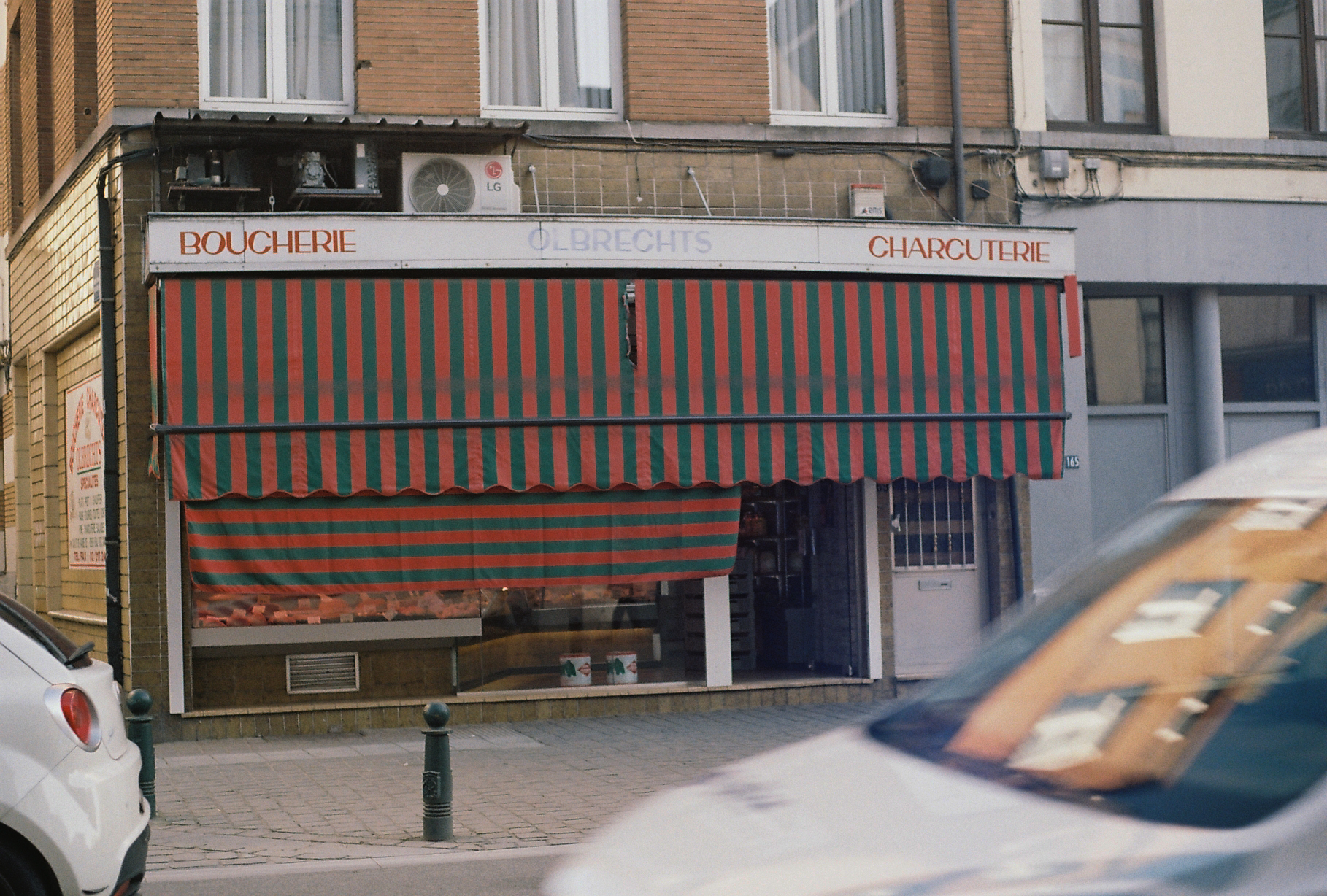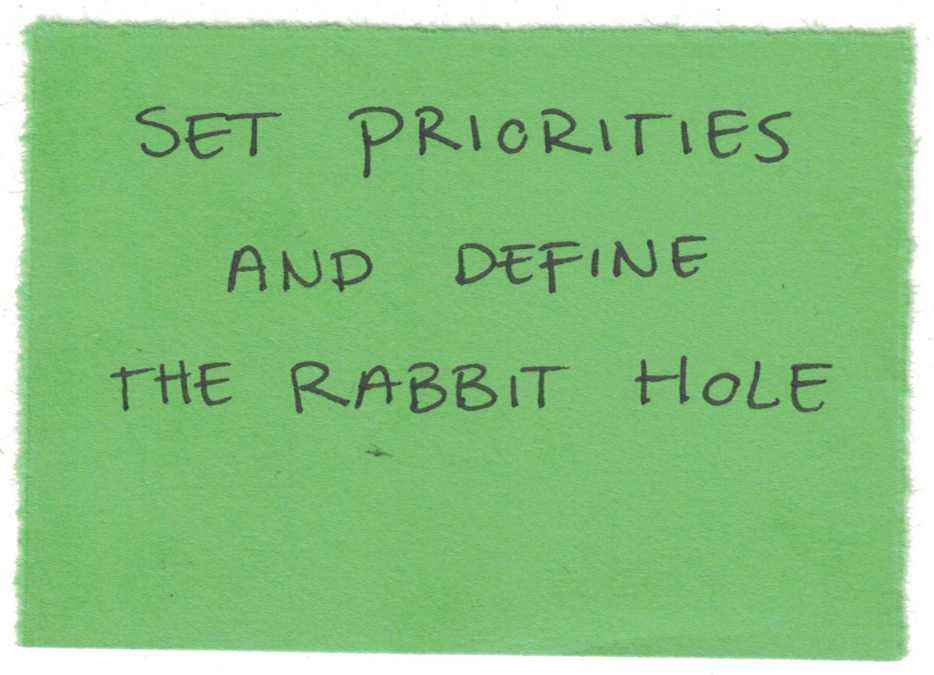
How can we communicate our initial ideas as a production designer more clearly to the other department heads during the development phase of a film?
End 2024, beginning 2025 I joined the residency at the Vrijplaats from Filmforward. Filmforward set up a program for people that work within the field of film in the Netherlands and would like to professionalise or focus on a certain aspect of their profession. This year we're with 5 production designers from the Netherlands working on different research questions. I’ve started working on a roadmap for the pre-production of a production designer. Online I made a Inquiry and asked a few collegues for their contribution concerning; how to approach research?
I would like to understand how colleagues dive into different sources of information and how they filter that material towards the other heads of department. Goal: mapping the pre-production and create a road-map. Why? In order to communicate more clearly what the needs are in pre-production. That hopefully results in a more coherent design.
After the first steps I started working with Christian Echenique to create an interactive roadmap. We presented our idea in Amsterdam on July the 2nd. To be continued..
extract below of the first inquiry:

“What are the concepts of the way we think and approach, how can we hack that? “ New ways of narrative to change the world. Framing the narrative. The ability to tell story’s.”
The Young Man as a Movie Star: Paranoia, Opulence, Perversion, Competition.
Film Installation
production design








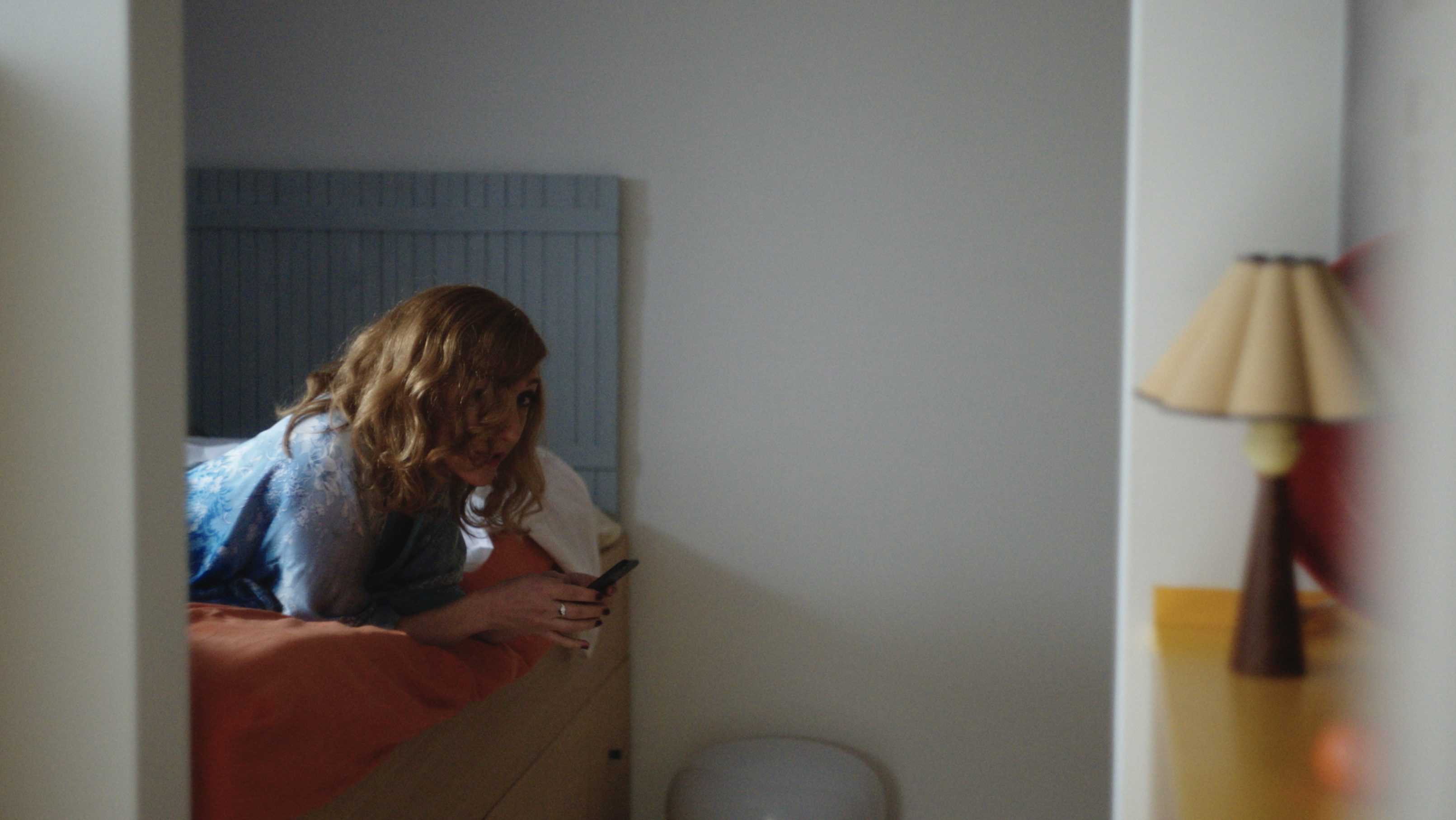

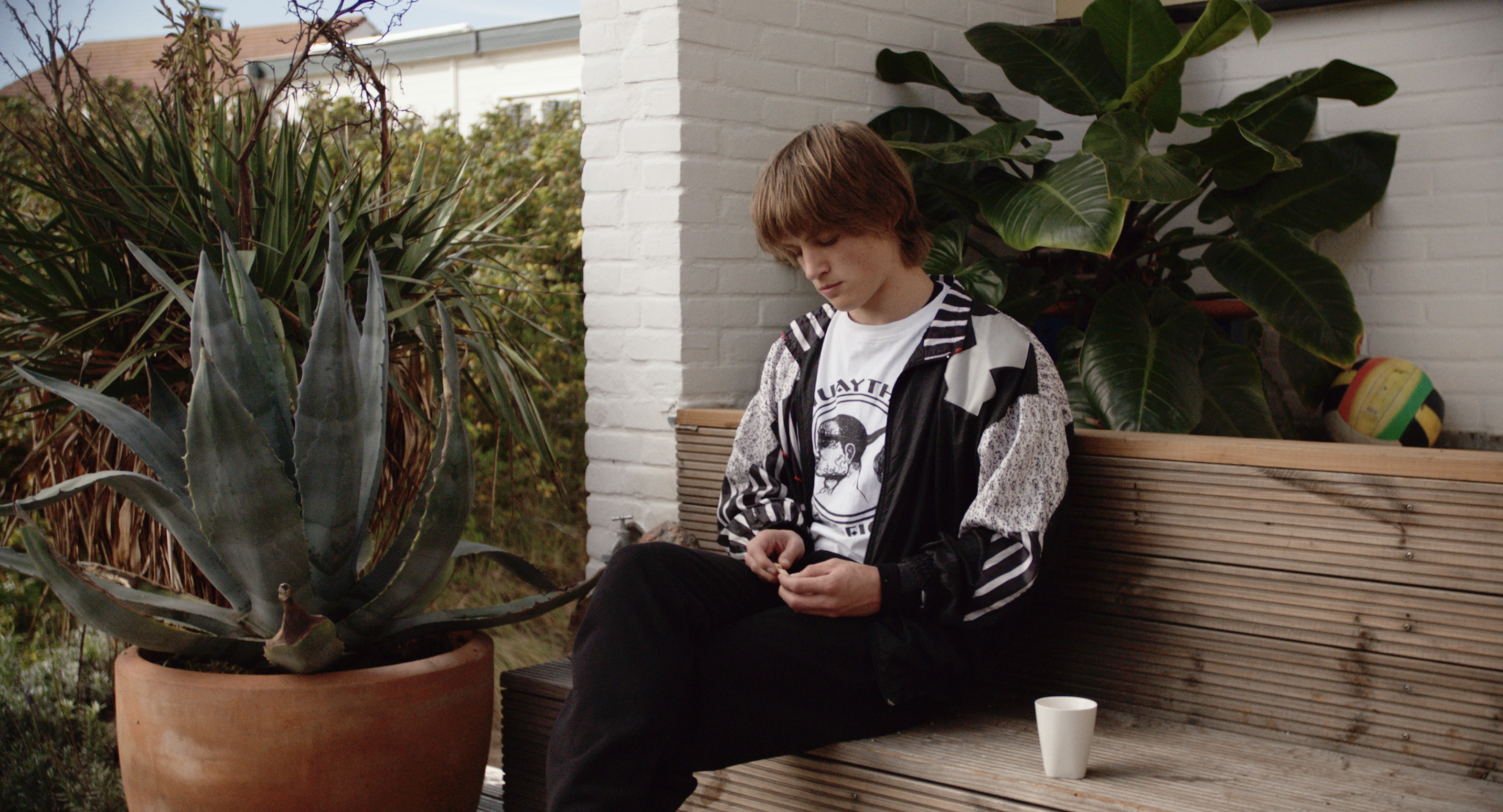
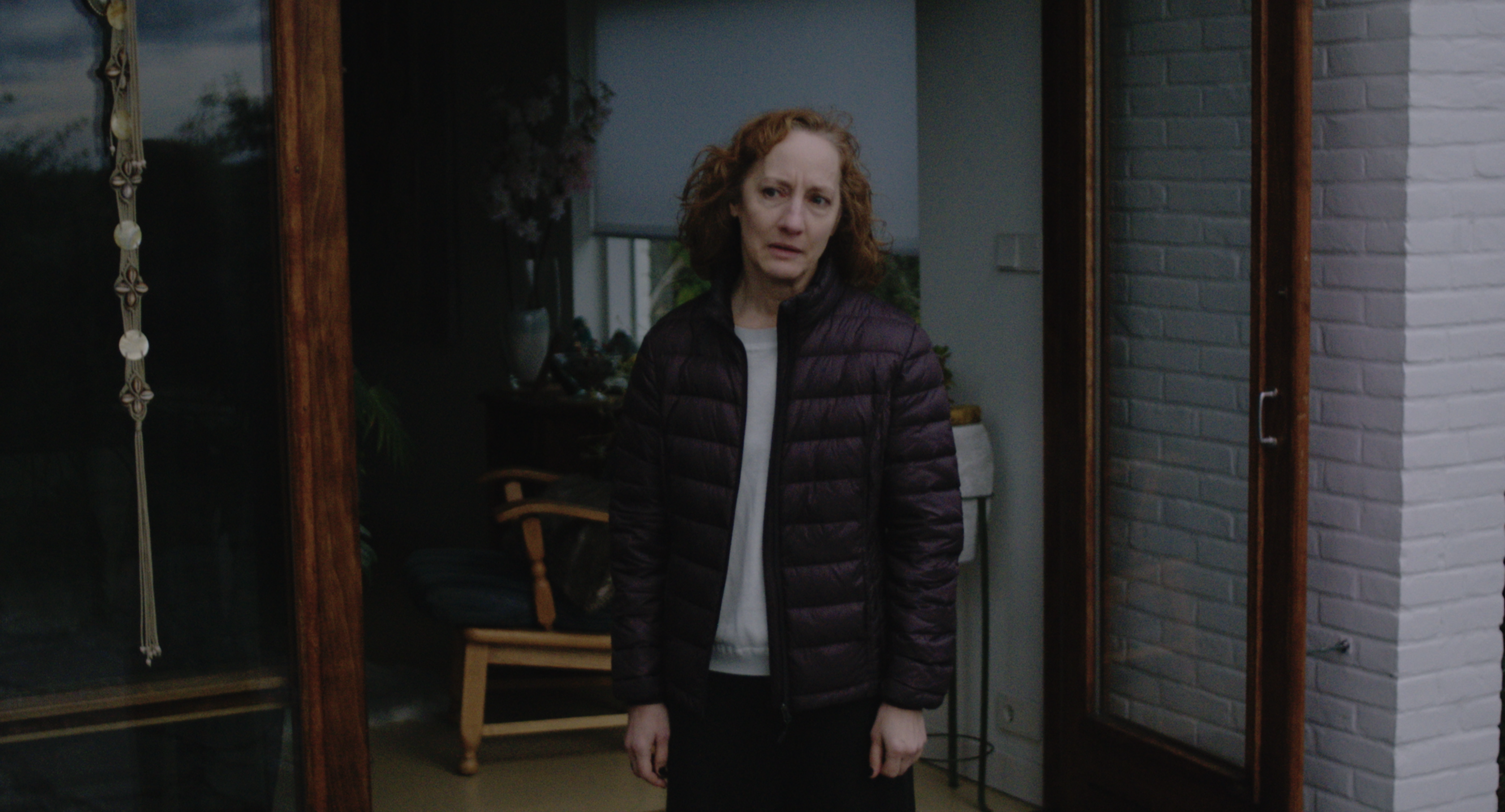


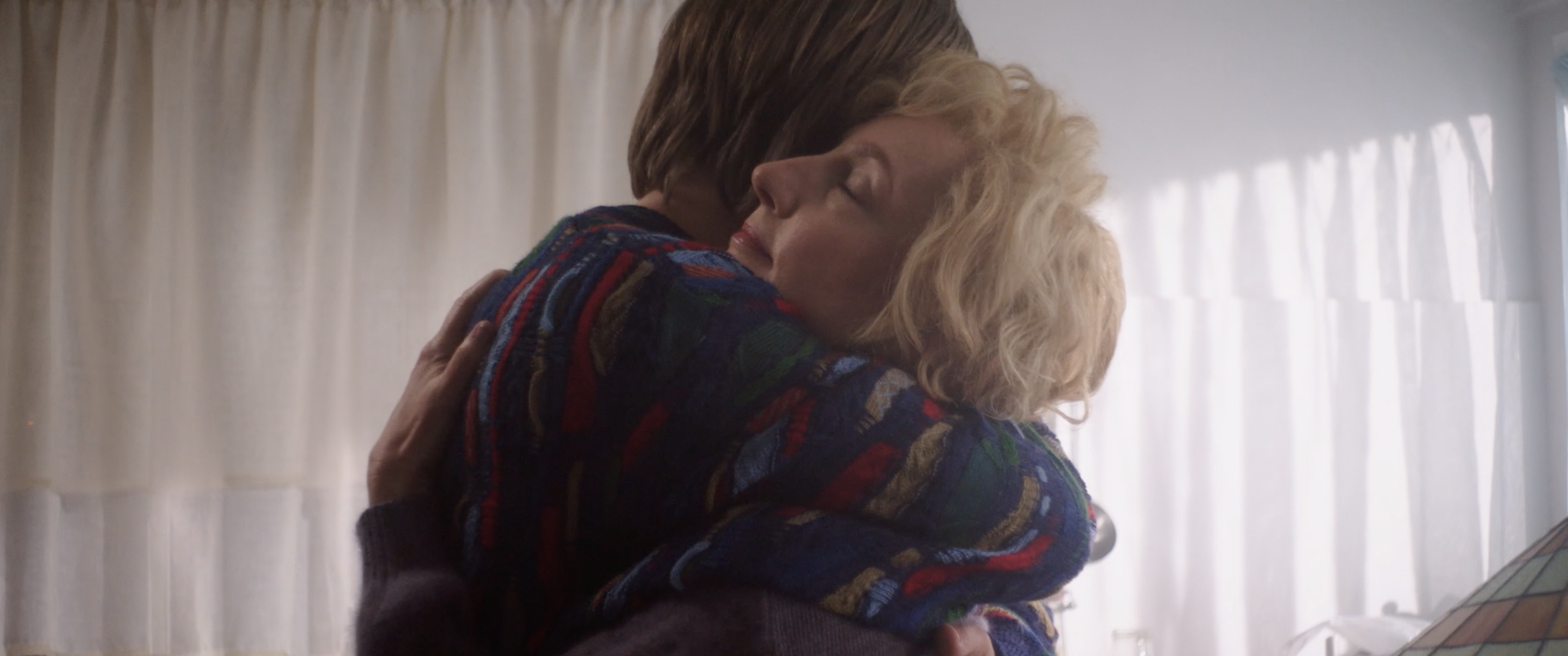
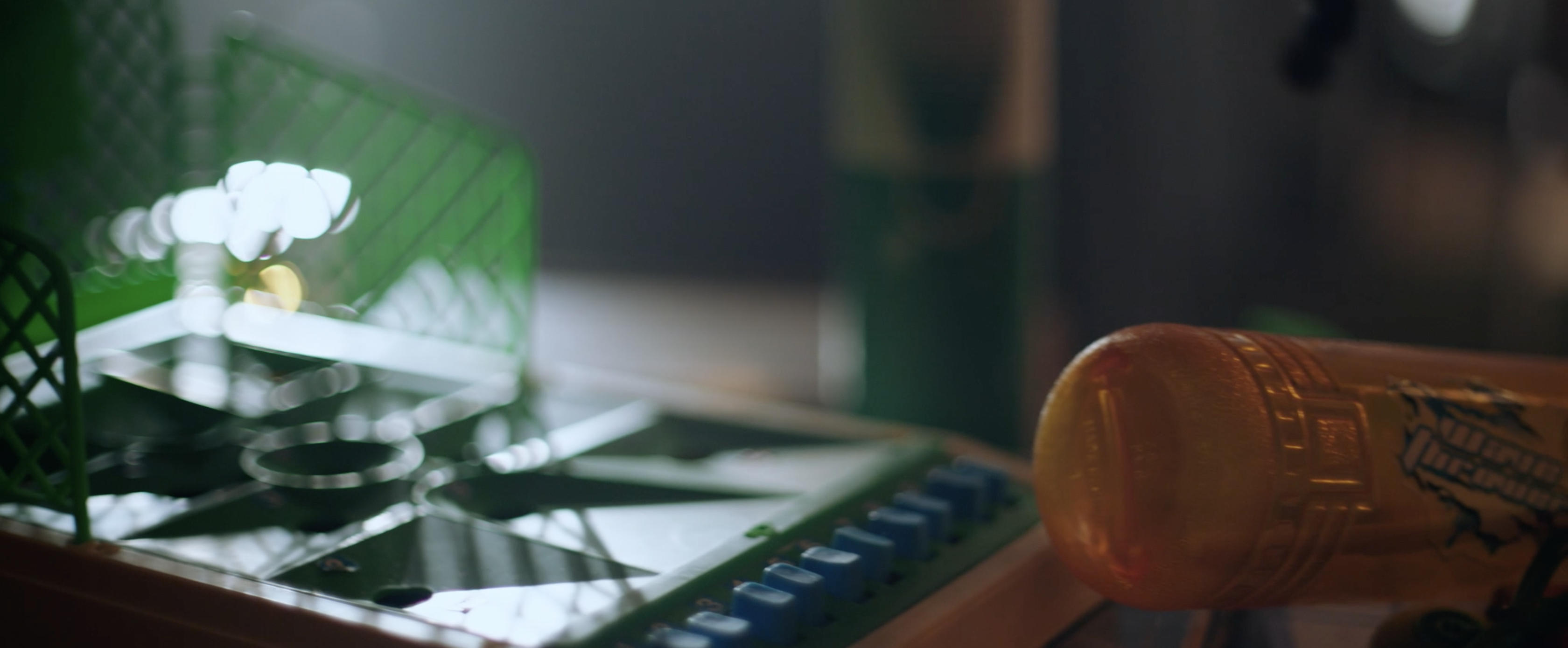
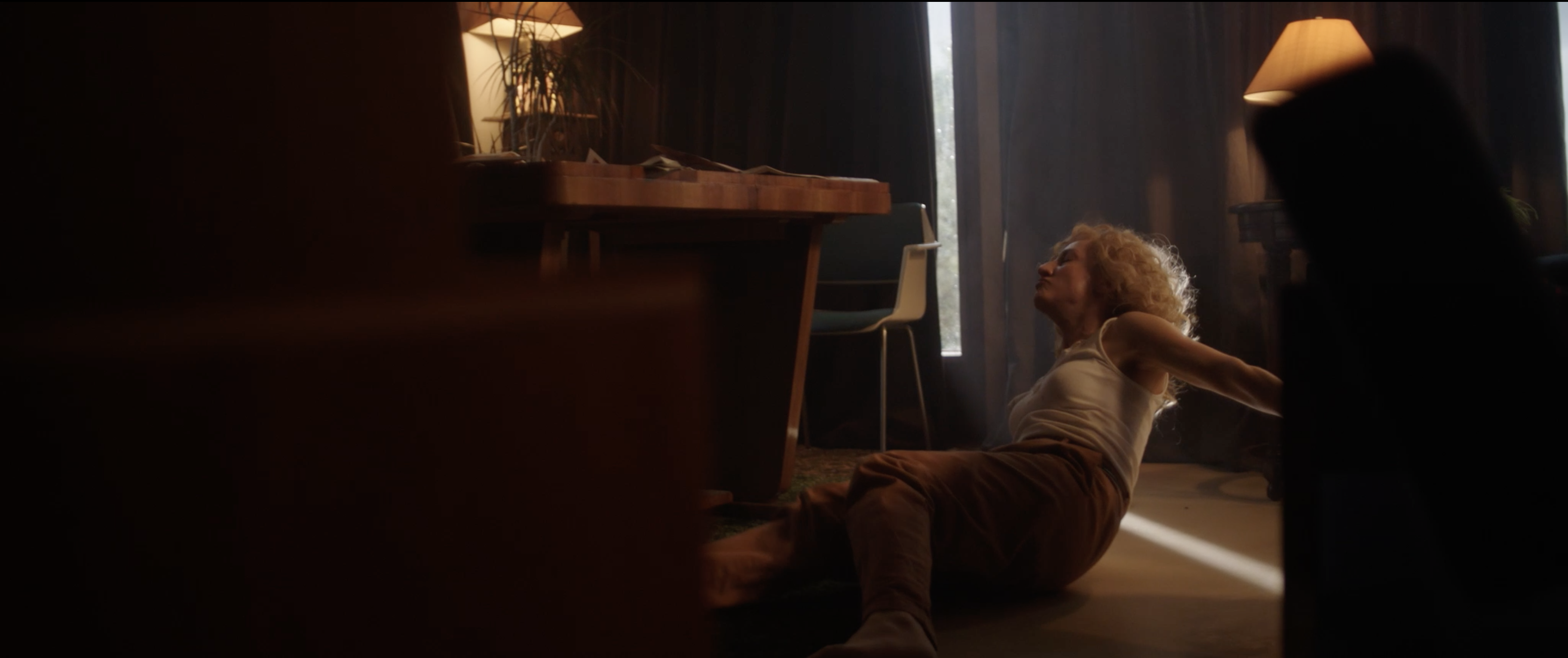
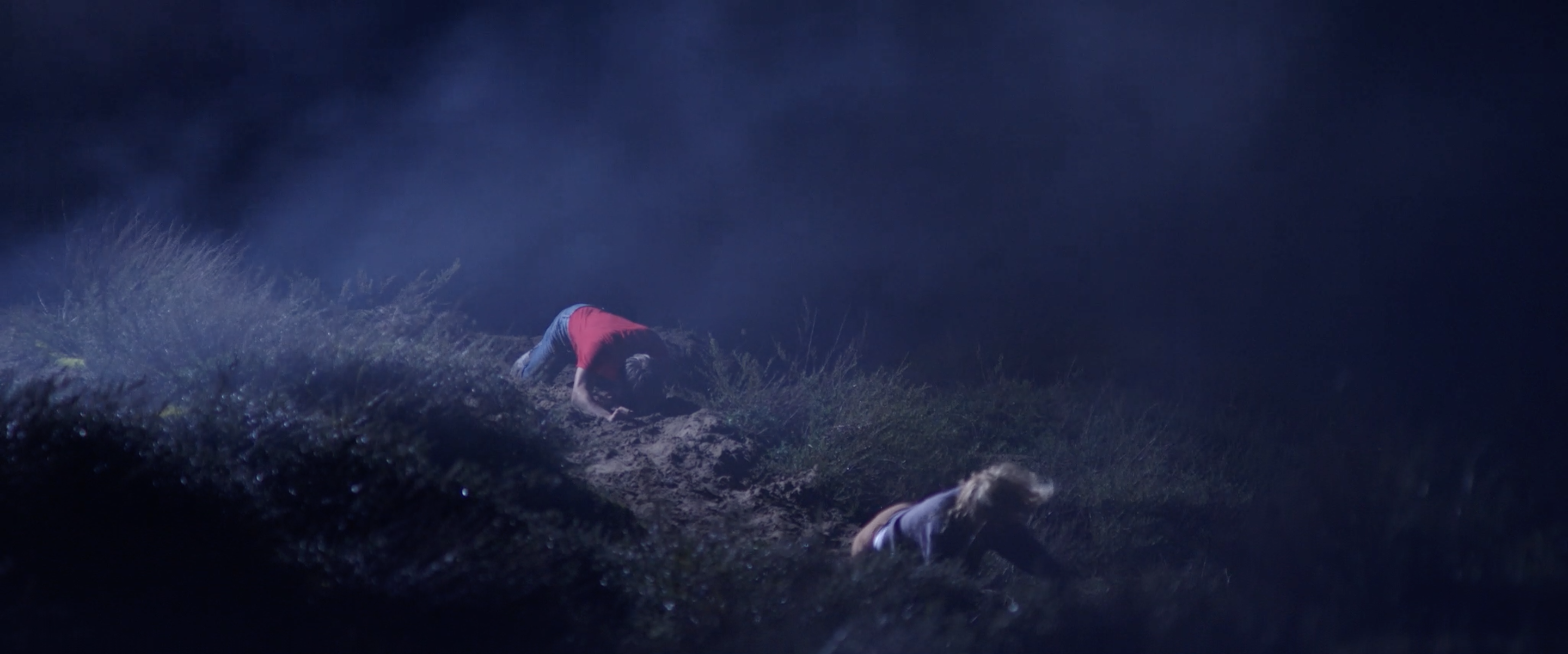

Galerie: a rose is a rose is a rose,
Rozenstraat Amsterdam
May 11—July 17, 2022
Language: English
Year: 2022
Length: 4 x 8 minutes
Director: Bart Groenendaal
Director of Photography: Jurgen Lisse
Production Design: Marieke van den Bosch
Property Master: Elia Castino
Set Dresser: Marnix Bloemberg
Production Company: Dutch Mountain Film
Producer: Rogier Kramer
Line Producer: Laura Bouwmeester
Stars: Cherise Silvestri, Joes Brauers
Affiches Paranoia: la Bibliothèque Nationale de France
The mess we make
puinhoop(nl)
production design underwater world



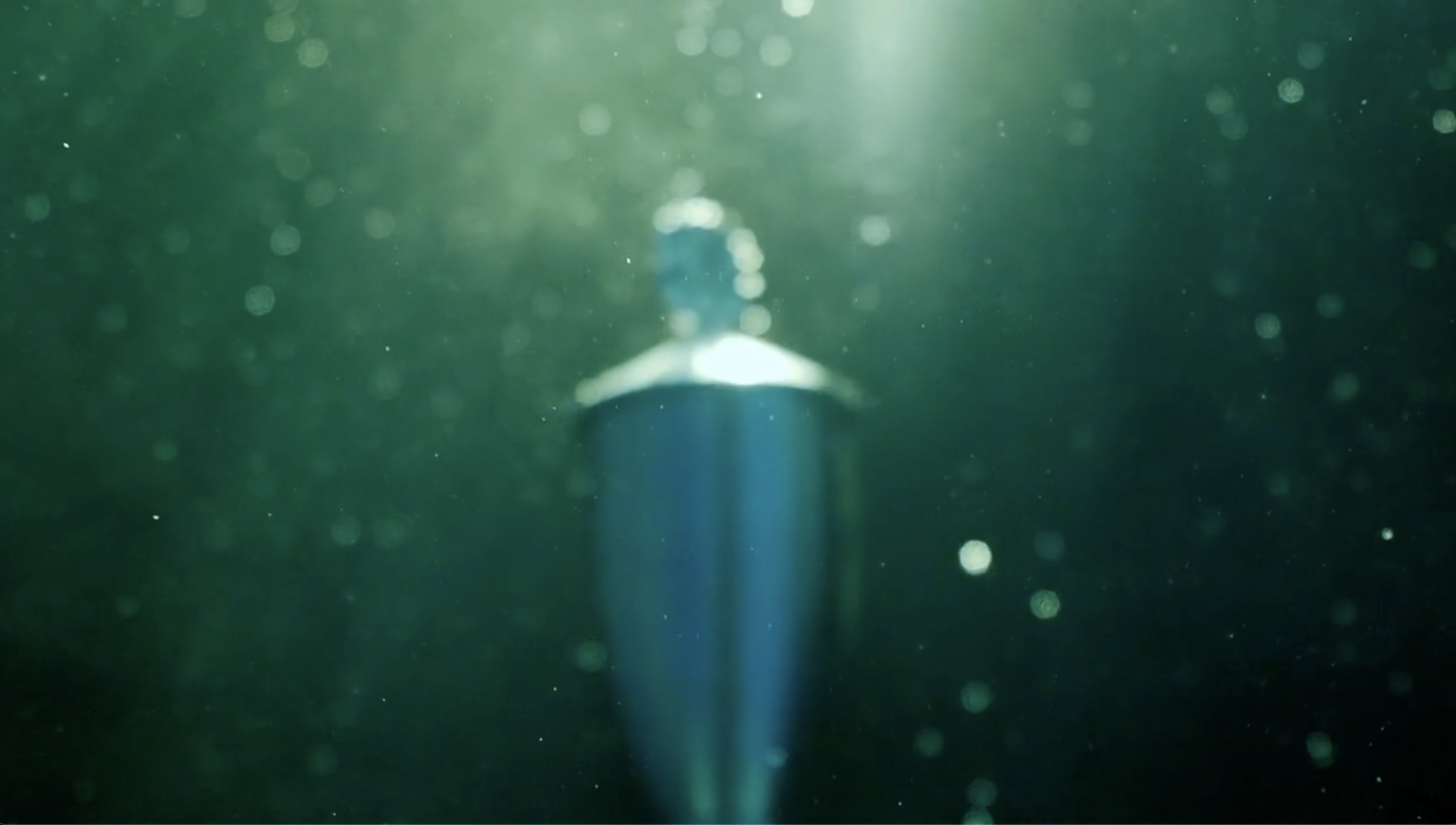







Language: Dutch
Year: 2022
Runtime: 85 min
Director: Allard Detiger
Underwater sequence:
Director of Photography: Bas Andries
Production Design: Marieke van den Bosch
Editor: Paul de Heer (and preproduction underwater world sparring partner!)
Property Master: Elia Castino
Set Dresser: Marnix Bloemberg
Divers: Sjouke Brunia, Mano van der Blom, Siebe Stolk
Production Company: Selfmade films
Producer: Steven Rubinstein Malamud
Line Producer: Annemiek Munneke
Filmmaker Allard grew up in a one-parent family with a mother suffering from a borderline personality disorder. A personal documentary about the symbiotic relationship of the maker with his mother. Twenty years after Allard brought back the relationship with his mother to a minimum, the police calls him. They found her in a completely dishevelled house where she can no longer take care of herself. He decides not to abandon her in this state and takes responsibility for her care. Eventually, she ends up in a closed psychiatric ward. In this documentary, she blames her son for everything and wants him to behave like a good son.
Trouw:
In a series of beautifully designed visual interludes, we see the son underwater: gasping for air, entangled in octopus-like arms, clinging to the white bear. See what you want in it, but associations with a uterus are obvious. At the end, the son swims free to a spot of light. "'Umbilical cord of barbed wire' was the working title," jokes the filmmaker. “I thought it was a bit heavy. But it does reflect my feeling.”
de Volkskrant:
Detiger also looks for the light in stylized, womb-like underwater images that appear as a motif in the film. It is a bit larmoyant, how the forties, dressed in pajamas, swims towards his old, sad tedday bear in the dark. At the same time, these symbolic images form oases of peace and clarity in the barrage of raw family scenes. As if the film also briefly escapes Ineke’s heartbraking diatribes.
Mothers
moeders(nl)
production design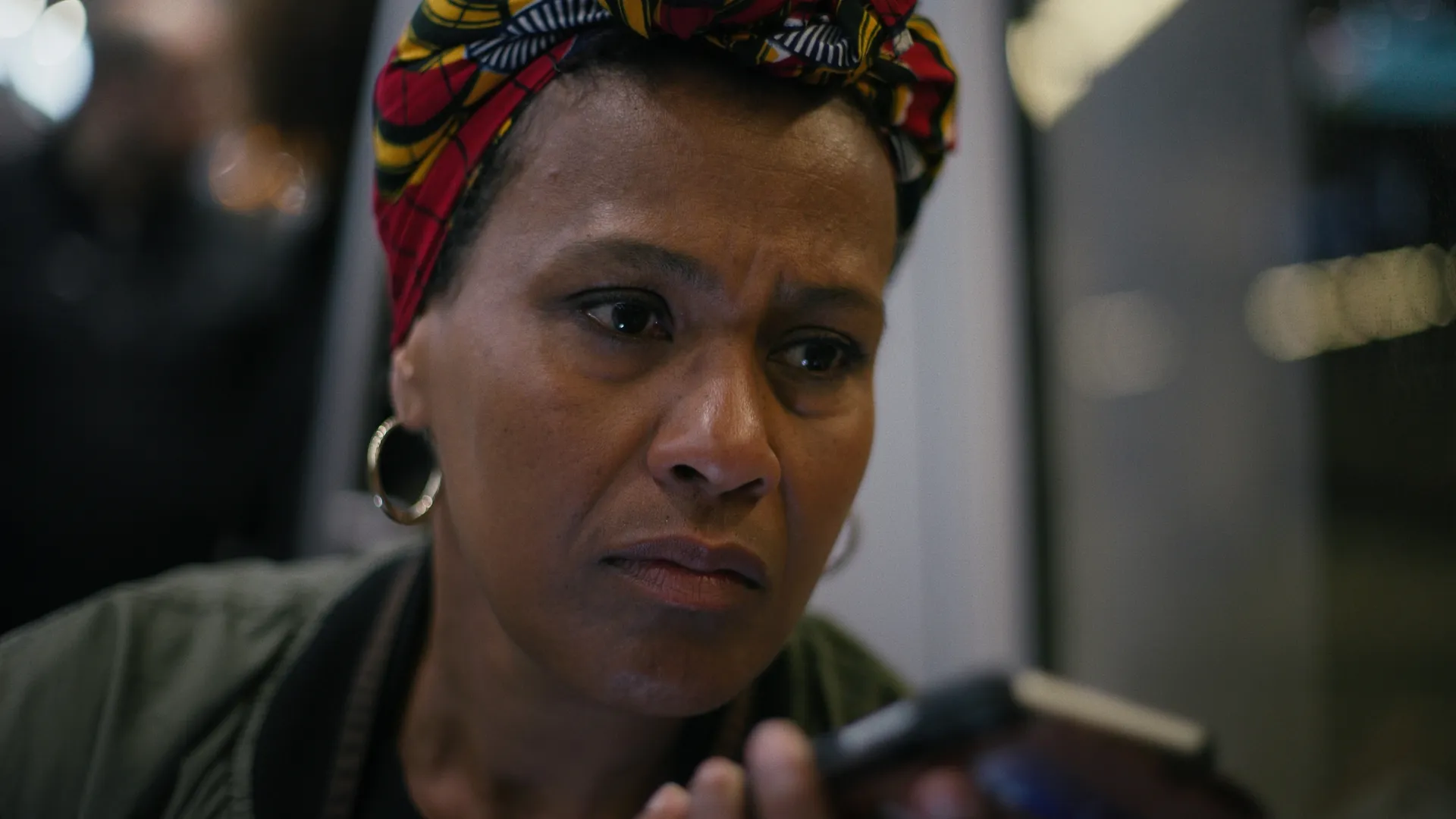






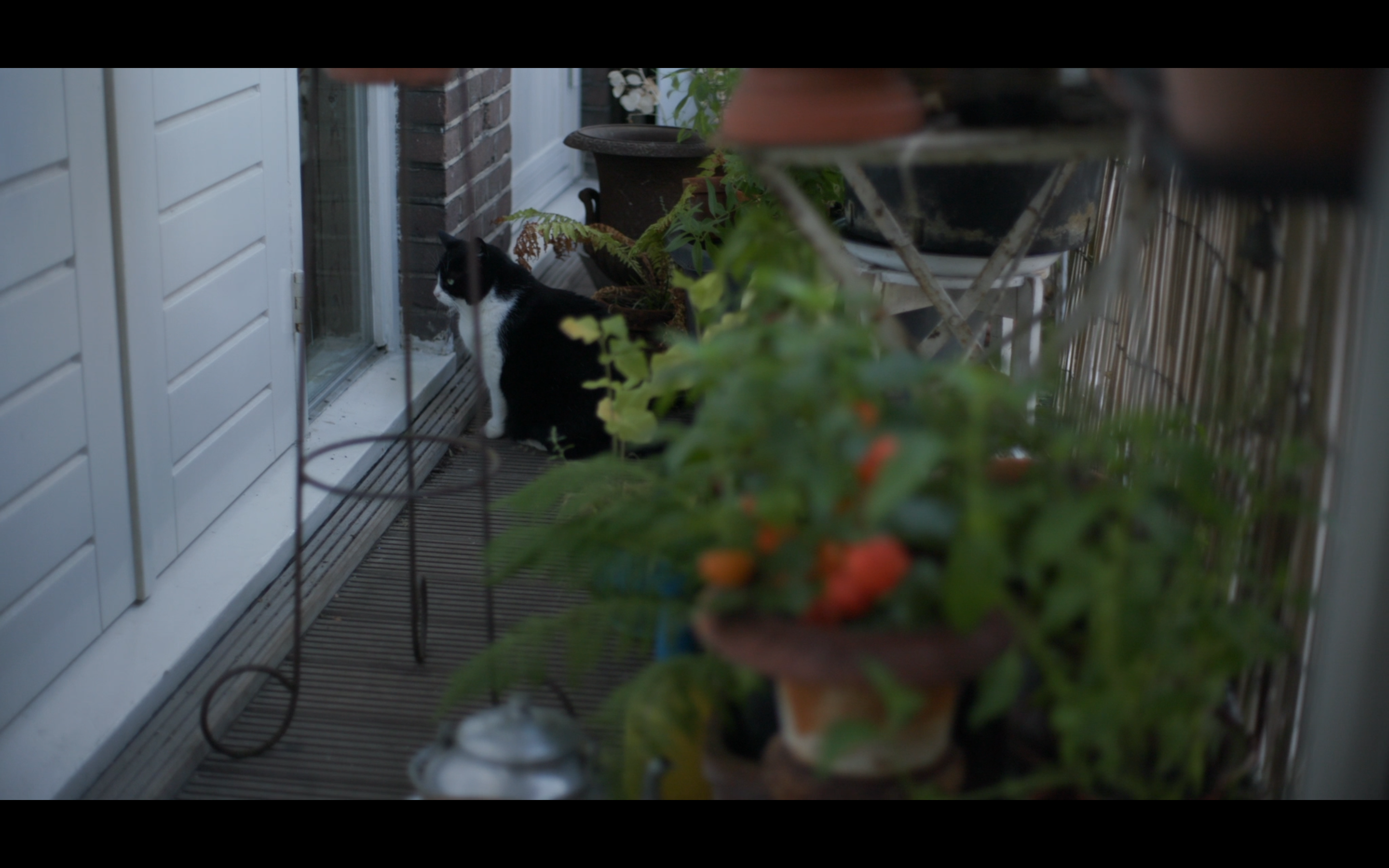

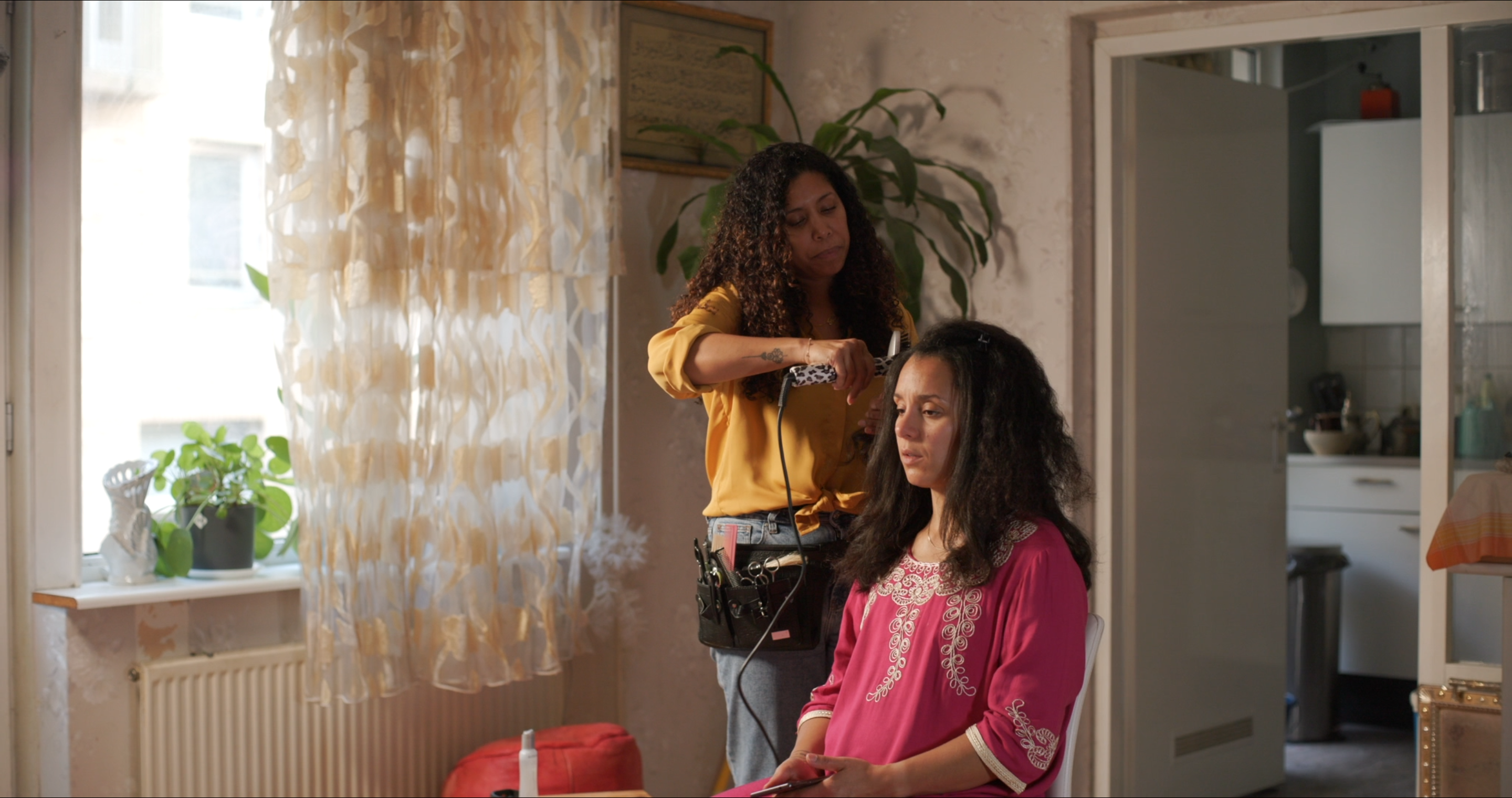
Nominated for IDFA Award for Best Dutch Film
Language: Dutch
Year: 2022
Runtime: 81 min
Director: Nirit Peled
Director of Photography: Gregor Meerman
Production Design: Marieke van den Bosch
Production Company: Katja Draaijer for BALDR Film
Four mothers explain how their sons ended up in trouble with the law because they fell in with the wrong crowd, experienced trauma or were intimidated by a gang. The offenses are minor, and their involvement was not always proven—sometimes they were only witnesses to a crime. But once Amsterdam’s Top400 crime prevention program has them in its sights, things just get worse for them.
The mothers are held hostage by a bureaucracy that entirely disrupts family life. Friends and family see them as bad parents, and the police sometimes even treat them as accomplices. To protect their identity, the mothers themselves don’t appear on camera, but we do hear their voices. Their roles are played by actresses who lip-sync their stories.
These stories are not only an expression of frustration, anger and a sense of powerlessness, but also an indictment of the use of algorithms for the prediction of criminal behaviour. This form of crime prevention has a particularly stigmatizing effect and discriminates against socially and economically underprivileged young people from migrant backgrounds.
Random selection photography with mamiya NC1000s and Leica D-Lux free work ©2025
